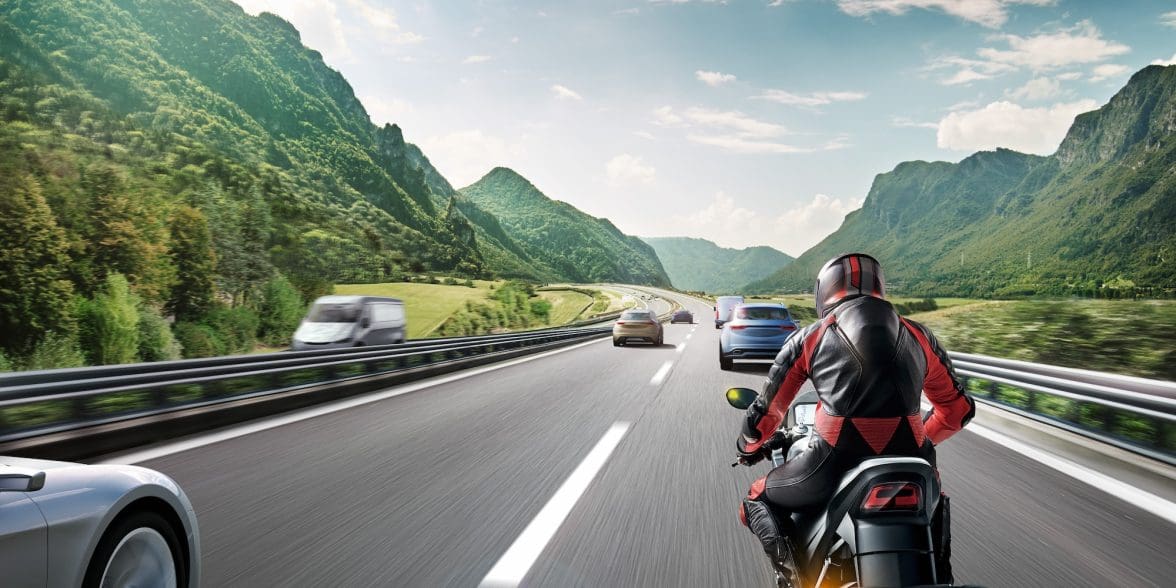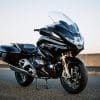|
A company in our industry thinks all motorcycles would be safer with traction control.
Bosch is a brand with many fingers in many proverbial pots; whether we’re covering the company’s staggering $2.75 billion investment into Hydrogen, their time in the lab with Kawaski to create an embedded blind spot radar system, or that one time they beat BMW to an emergency call system, it’s clear that Bosch is gunning for a tech-infused future for our good Powersports industry.
According to a quote or two gleaned from Dan Sutherland’s coverage of Bosch’s Two-Wheeler and Powersports Head (MCN), the newest goal includes providing “100% MSC (Motorcycle Stability Control) systems on every motorcycle in the world.”
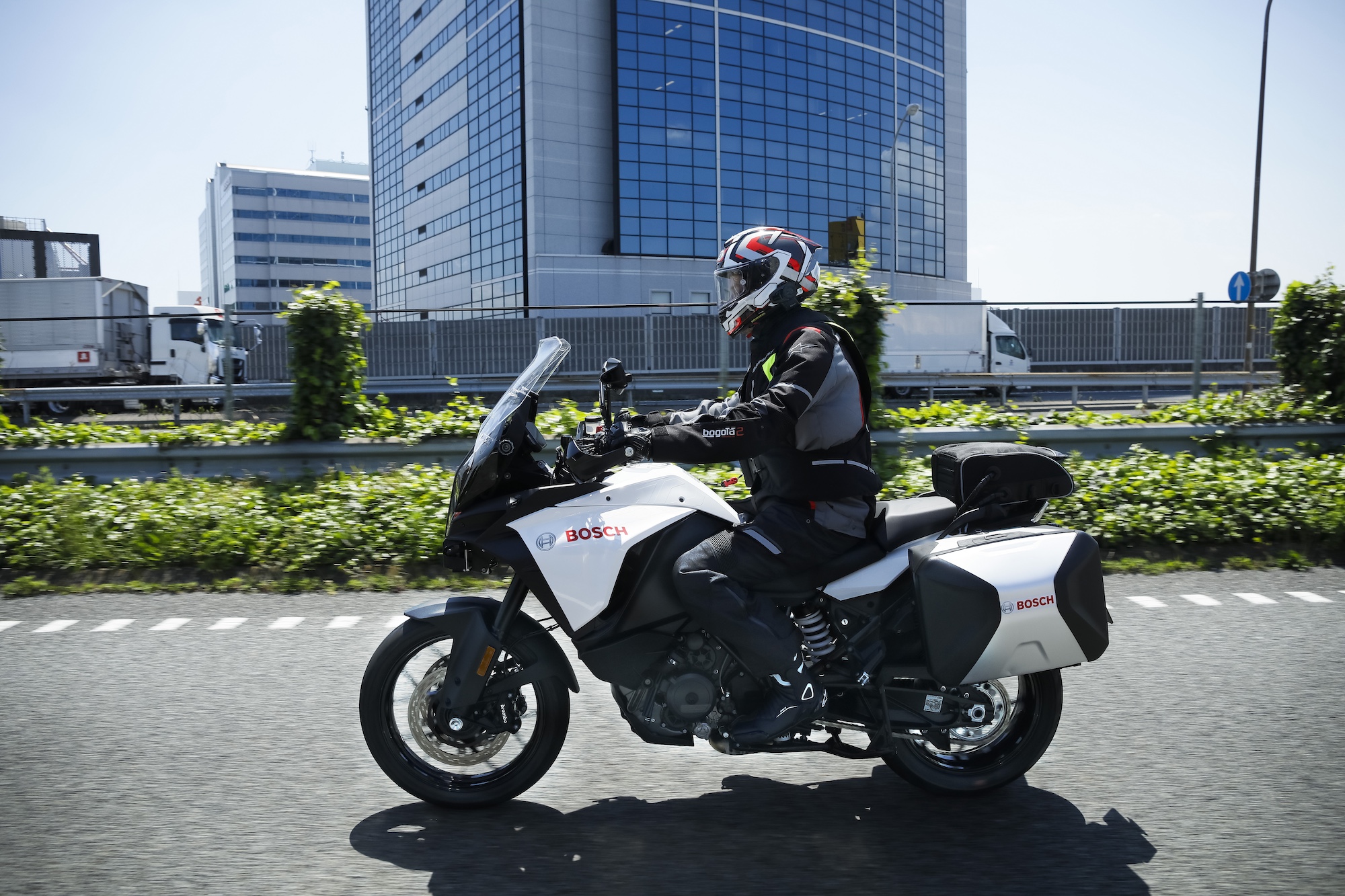
Why does Bosch want traction control for all motorcycles?
Like anything related to industry totals, the answer to this question is multi-faceted, though Bosch’s Geoff Liersch has a relatively easy answer:
– Geoff Liersch, Head of Two-Wheeler and Powersports (“Bosch aim to bring traction control to all motorcycles and cut accidents by 30%,” MCN) |
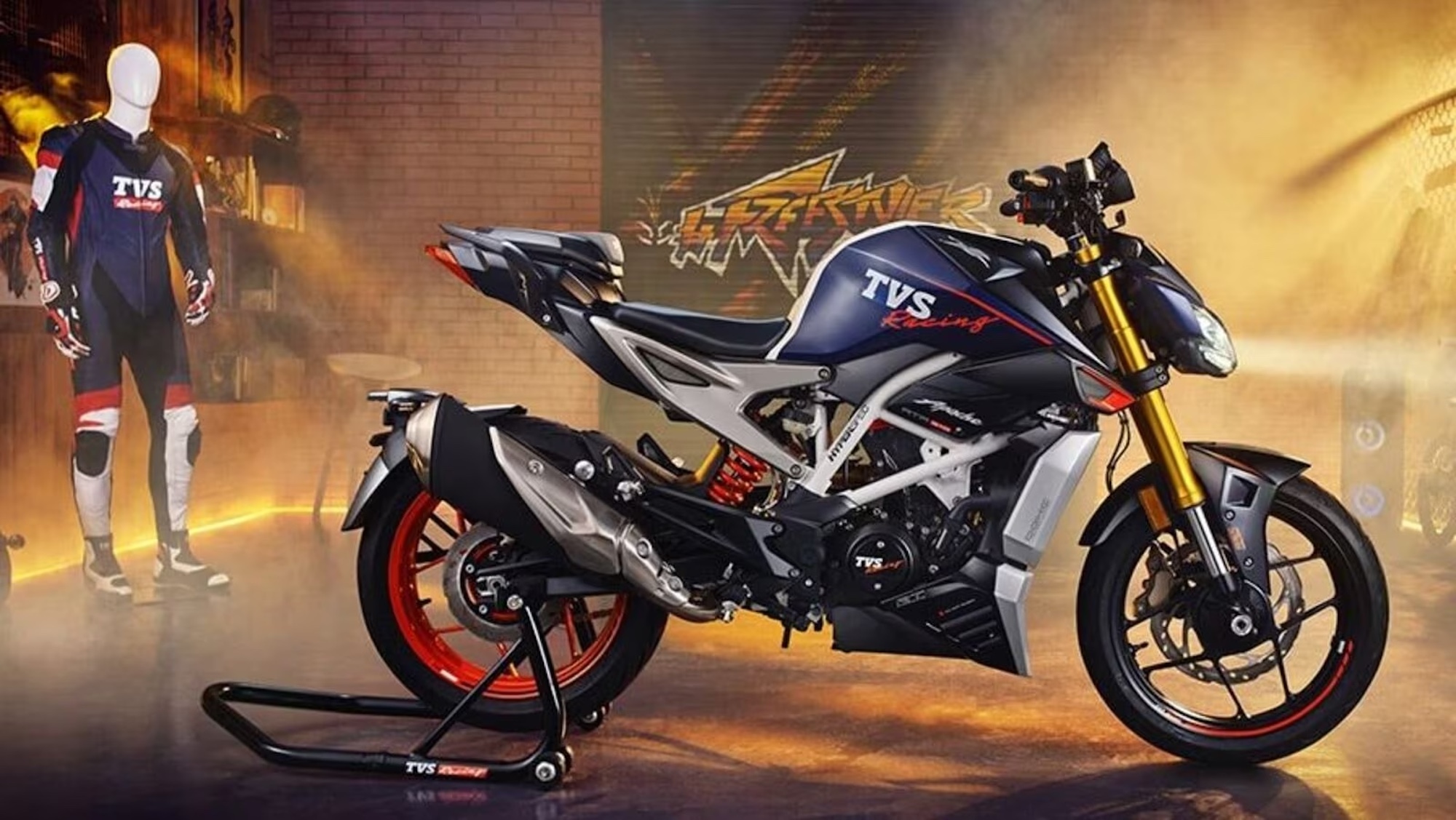
Which motorcycles has Bosch outfitted with traction control?
So far, we’re told that Bosch has been the brand responsible for the MSC in KTM’s decade-old 1190 Adventure, with a more recent project seeing both IMU and ABS systems chucked into TVS’s more recent Apache RTR 310.
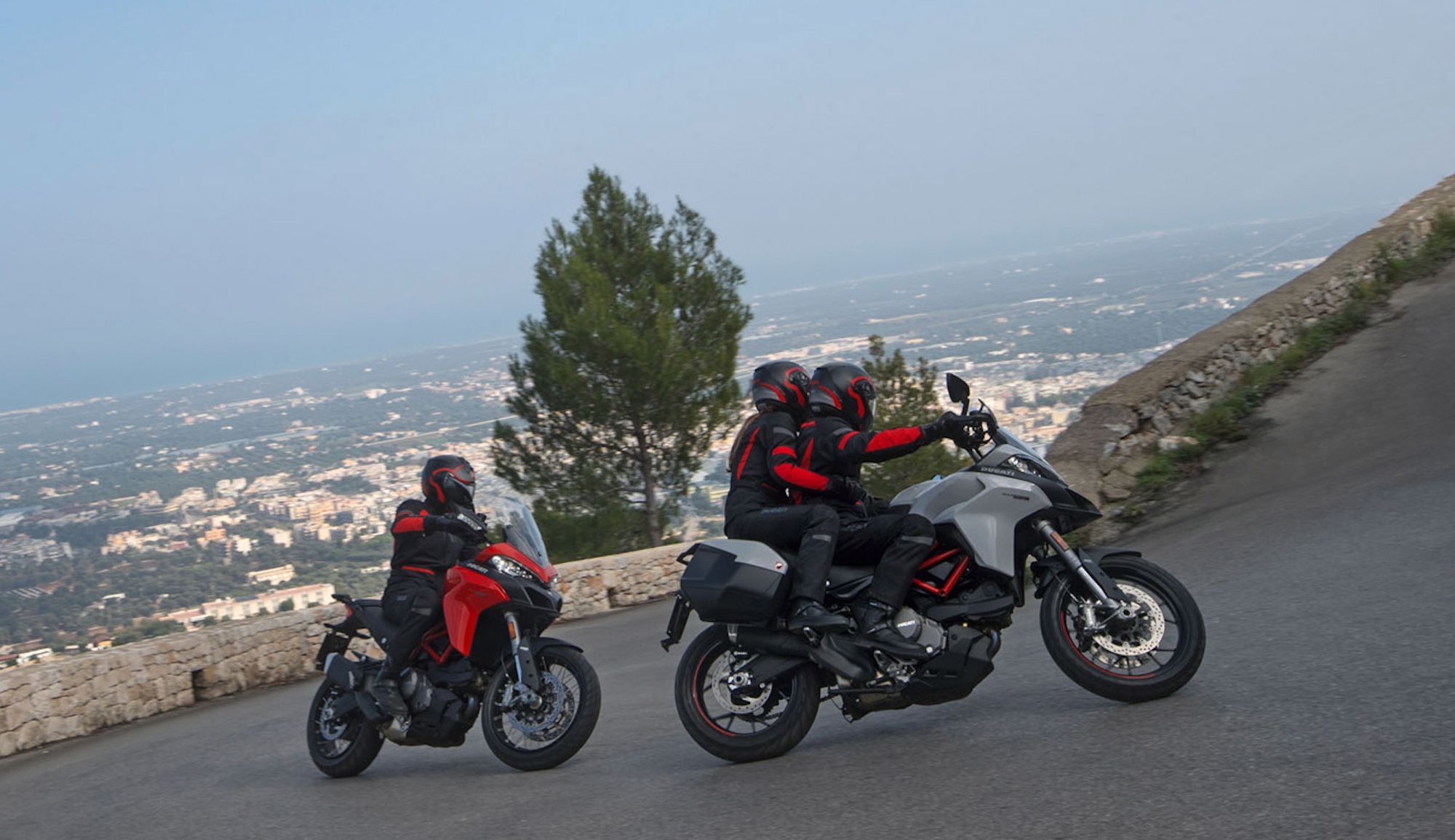
Do these safety aids affect performance?
The answer to this one – “yes” – is obligatory, yet not everybody believes, like our good man Liersch, that performance should be sacrificed in the interest of a more economical safety aid system.
Still, Liersch insists safety be prioritized:
– Geoff Liersch, Head of Two-Wheeler and Powersports (“Bosch aim to bring traction control to all motorcycles and cut accidents by 30%,” MCN) |
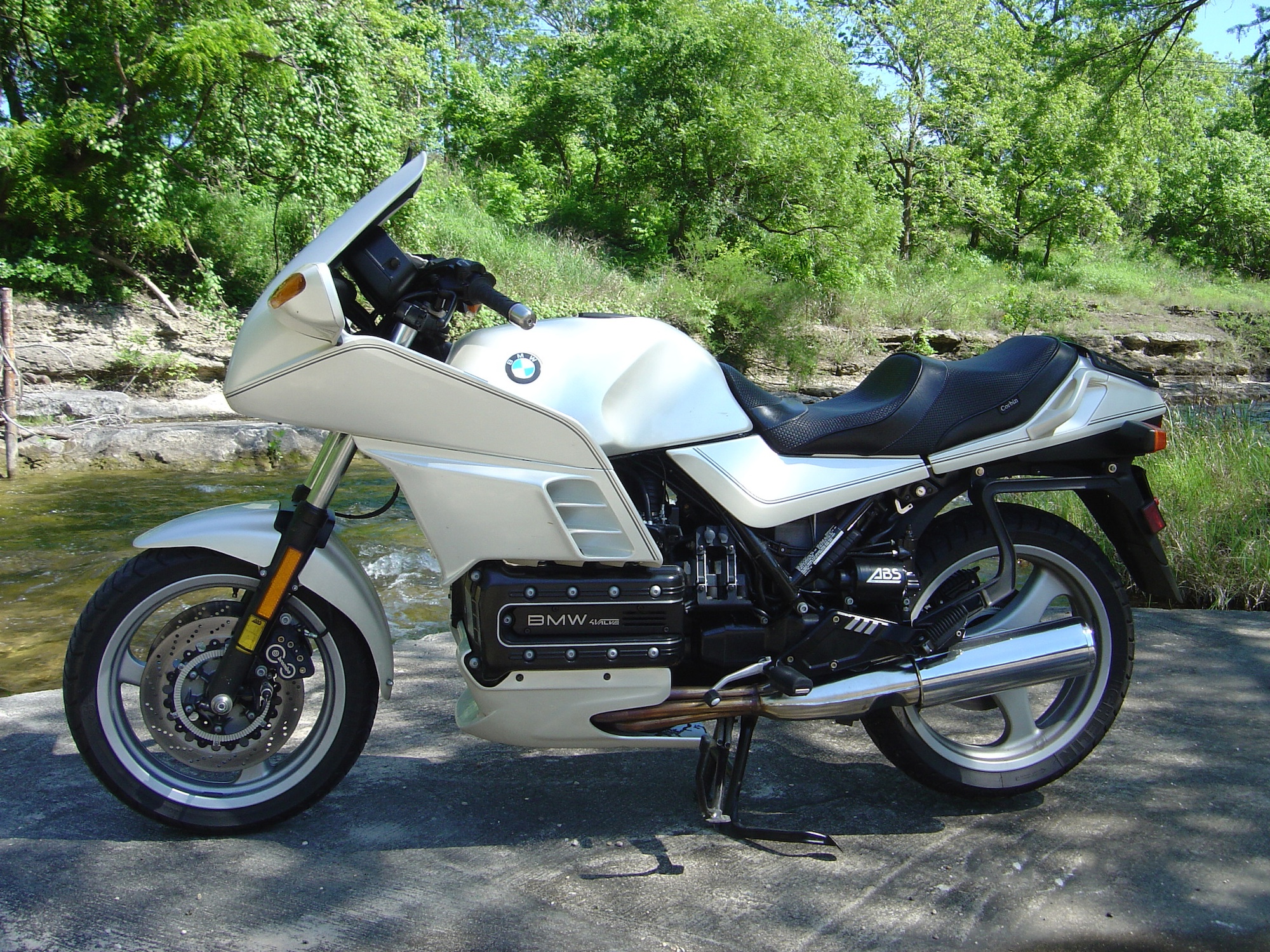


When does Bosch anticipate finalizing their global goal?
As Liersch reminds us, Bosch first began their journey with rider aids in 1988, when the company made an Anti-Brake System (ABS) and installed it on BMW’s K100.
Given that was 30 years ago, Liersch believes we still have a long ways to go before Bosch’s dreams are realized:
– Geoff Liersch, Head of Two-Wheeler and Powersports (“Bosch aim to bring traction control to all motorcycles and cut accidents by 30%,” MCN) |
Do you think all motorcycles should have safety aids like traction control?


